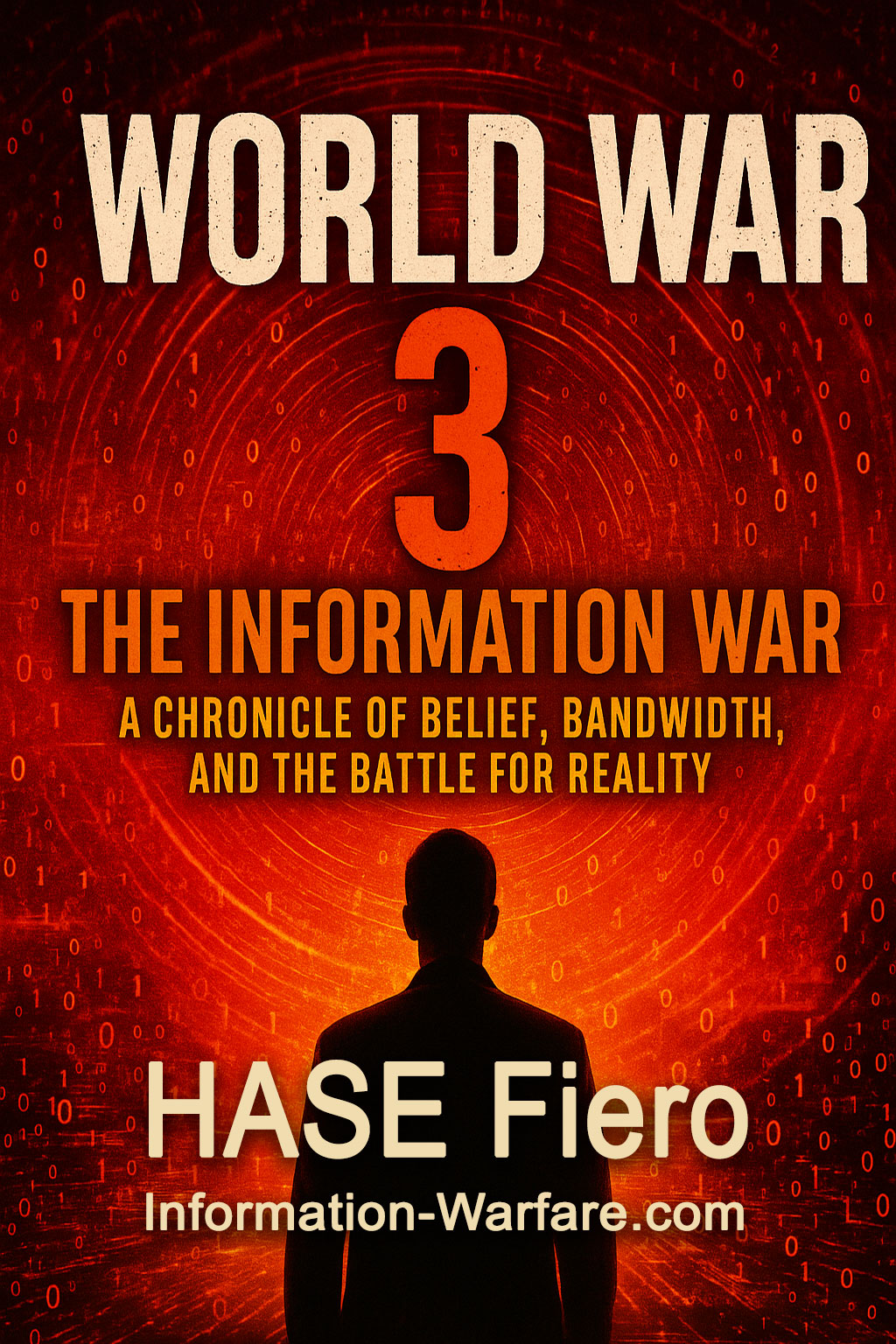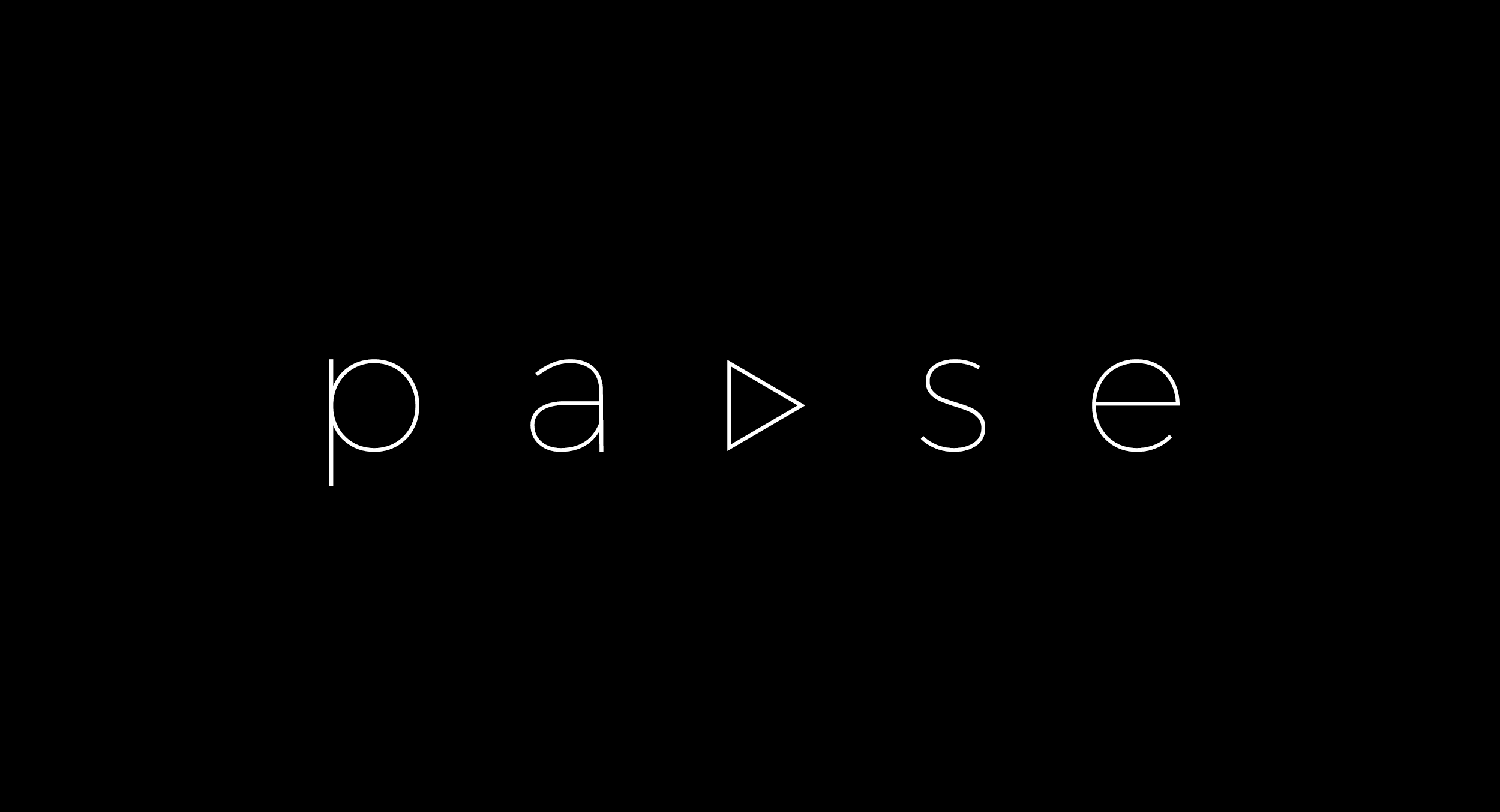Store Details
Product Descriptions
"World War 3: The Information War: A Chronicle of Belief, Bandwidth, and the Battle for Reality" by Alexious Fiero is a timely and chilling examination of the invisible conflict shaping our modern world. Far from a conventional military history, Fiero's work meticulously chronicles the evolution of information as a weapon, charting a twenty-five-year descent into a reality where perception is programmable and truth is a contested battleground.
The book's greatest strength lies in its ambitious scope and chronological precision. Beginning with the optimistic, yet ironically vulnerable, post-Cold War era ("The Broken Inch" and "Pax Americana"), Fiero swiftly moves to dissect the foundational shifts that enabled the current state of informational chaos. Chapters like "9/11 and the Birth of Surveillance Capitalism" and "Citizens United – The Legal Codification of Influence" effectively lay the groundwork, demonstrating how seemingly disparate events converged to create a fertile environment for cognitive subversion.
Fiero masterfully illustrates the concept of "hybrid warfare doctrine," particularly in "Ukraine 1.0 and the Weaponization of Truth," revealing how disinformation moved beyond propaganda to become a core military and political strategy. The detailed accounts of events like MH17 and the "little green men" highlight the insidious nature of "plausible deniability" and its corrosive effect on a shared reality.
The book's deep dive into the algorithmic revolution is particularly compelling. Fiero lucidly explains how platforms like Facebook, YouTube, and later TikTok became not just communication tools, but "Trojan Horses for Epistemic Collapse." The analysis of the 2016 and 2024 U.S. elections, the COVID-19 infodemic, and the January 6th insurrection reveals how algorithmic amplification and sophisticated narrative warfare exploited societal fissures, leading to profound domestic polarization and a "reality vertigo."
Perhaps the most unsettling aspect of Fiero's narrative is the concept of "Cognitive Commodification," where human attention and belief are harvested as resources. The exploration of "Elite Exodus and Epistemic Feudalism" paints a stark picture of a future where an informed reality becomes a luxury, accessible only to those insulated from the constant barrage of manufactured truths. The notion that "foreign influence capture" can extend to economic and narrative spheres, as seen with Saudi Arabia's strategic media engagement, adds another layer of complexity to the global conflict.
While the prognosis is often grim, Fiero offers a glimmer of hope in the concluding chapter, "What Happens Next?" and the subsequent "thematic bridge to policy design." The author emphasizes that "truth is not an inevitability, but a civic achievement," proposing actionable "blueprints for resilience" through digital constitutionalism, info-disarmament treaties, and radical reforms in cognitive infrastructure and civic governance. These sections transform the book from a mere diagnosis into a powerful call to action, reminding the reader that the future is "still unwritten."
"World War 3: The Information War" is an essential read for anyone grappling with the complexities of our current information environment. It is a sobering, yet ultimately galvanizing, account that compels readers to understand the hidden architecture of control being built around us and to engage actively in the defense of a shared, verifiable reality. Fiero has crafted a vital chronicle that demands our attention and, crucially, our informed response.
Published by: Intellectual Enlightenment Press, LLC



